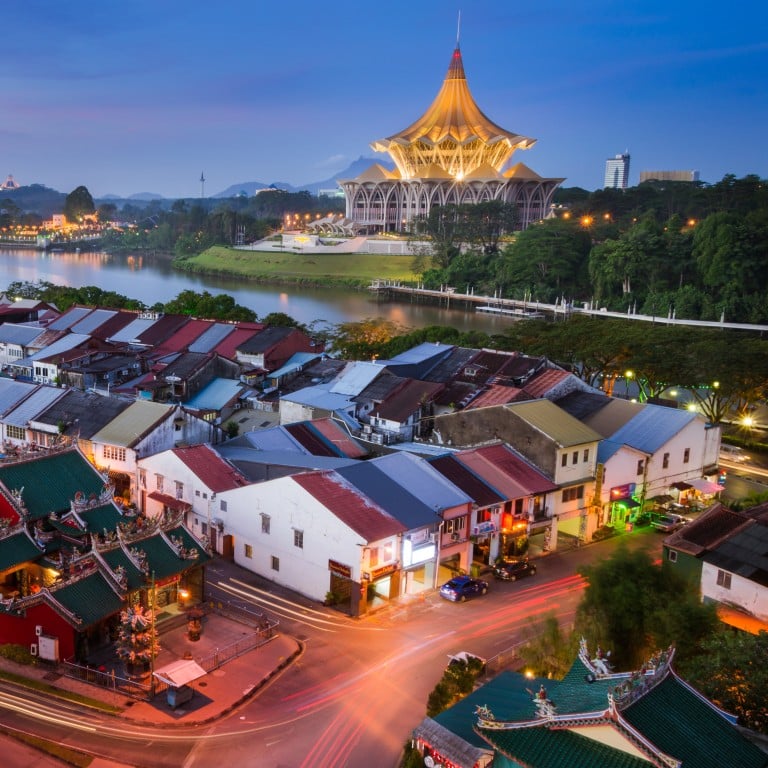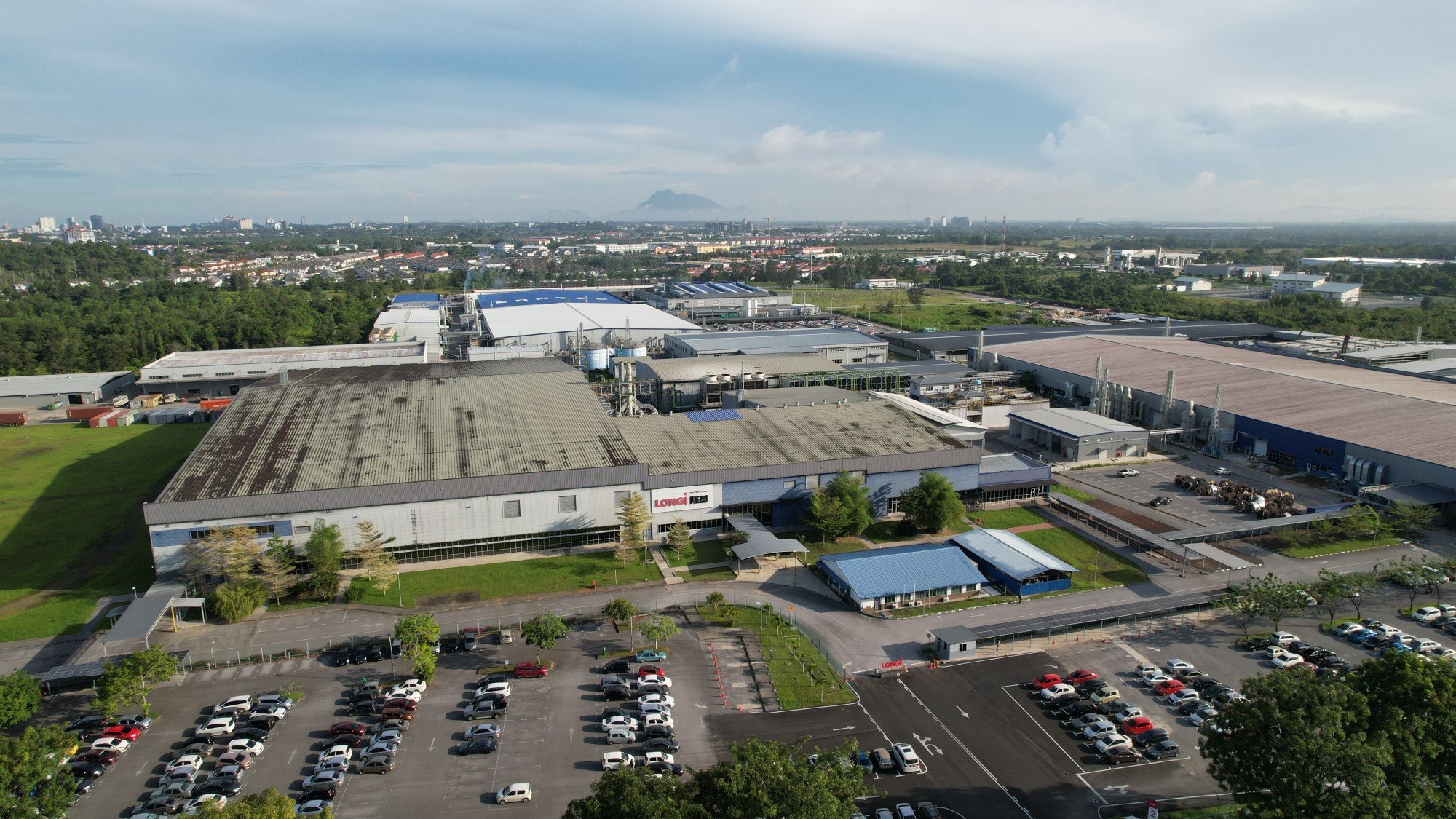
Malaysia’s growing nationalism renews Sarawak’s quest for autonomy to become a ‘state within a state’
- Resistance in Sarawak against growing Malay nationalism in the peninsula is almost universal and directly tied to demands for greater state autonomy, observers say
- The ultimate goal is the restoration of self-governance for both Sarawak and Sabah as laid out under the so-called Malaysia Agreement
Even a pay cut to work in the civil service in his home state of Sarawak could not deter Robin Wong from leaving the peninsula to return to his roots, where renewed political and economic clout is now matched by a determination to resist the rise of Malaysia’s Islamist hardliners.
Two years on, the 38-year-old has no regrets about coming home to the Malaysian portion of Borneo.
“I just felt it was time to go back home, and I can at least do my part in helping develop my home state,” said Wong.
But in recent years, Sarawak’s government has been pulling the emotional strings of Sarawakians, who have travelled far and wide in search of work to return home to help drive an ambitious plan towards full autonomy and economic self-sufficiency.
Money squabbles loom over death of Malaysia’s Sarawak ex-governor Taib Mahmud
As a kingmaker, Sarawak has established a firm foundation to push for federal recognition of the rights of Malaysia’s two Borneo states under a 1963 treaty that united them with Malaya and then-partners Singapore to form the federation of Malaysia.
The ultimate goal is the restoration of self-governance for both Sarawak and Sabah as laid out under the so-called Malaysia Agreement, which covers healthcare, education and management of the abundant natural resources found in the two states.
“Sarawak is trying to become a fully functioning state within the federation … a state within a state,” said James Chin, a professor of Asian studies with the University of Tasmania.
It has already seen some success in its push for autonomy, having negotiated with national energy giant Petronas for a higher revenue share of oil and gas produced in the state, and more active management of onshore oil and gas resources through its state-owned energy firm Petros.

Earlier this year, Sarawak Premier Abang Johari Openg announced the regional government was in the process of setting up the state’s first commercial bank.
There are also plans for the state to take over Malaysia Airlines’ rural air service, MASWings, and create Sarawak’s sole airline by 2025.
But economics is only one part of the equation.
State leaders have also been increasingly vocal on issues of public interest, such as the recent backlash over the sale of Allah-branded socks, which saw shops petrol bombed, and store owners facing legal action.
Third Malaysian KK Super Mart store petrol bombed as ‘Allah socks’ row rages on
In early April, state Tourism Minister Abdul Karim Rahman Hamzah urged police to arrest the youth leader of allies and former ruling party Umno for pushing a boycott campaign that appeared to trigger a string of petrol bombings on outlets of a supermarket chain that sold the offending socks, including one outlet in Sarawak.
Muslims represent a third of Sarawak’s 2.5 million people, unlike in the peninsula, where Malay-Muslims are the majority.
The native Ibans, who are predominantly Christian but also with a Muslim minority, make up 28 per cent of the population and are the largest ethnic group in Sarawak, the only Christian majority state in Malaysia. Nearly a quarter are ethnic Chinese, while Sarawakian Malays account for around 23 per cent.
“The Muslims [in Sarawak] could not hope to monopolise political power without the support of the other communities,” said Oh Ei Sun, a senior fellow with the Singapore Institute of International Affairs.
Sarawak is now in a unique position to influence the national agenda, and it should do so for the benefit of all Malaysians
“But these characteristics are increasingly being impacted by the more religiously- and racially-supremacist outlook of Malaya. So the Sarawak side feels a need to speak out against such encroachments.”
Taking ad hoc positions, however, is not enough to address the threat of polarising issues that could influence local sentiments, Sarawak rights activist Peter John Jaban said.
Peter argued that Sarawak did not sign on to the Malaysian Agreement only to have the country taken over by religious extremism, and that the onus is on Sarawak as a pillar of the federal government to stand up for Malaysia’s multiculturalism.
“Sarawak is now in a unique position to influence the national agenda, and it should do so for the benefit of all Malaysians,” he told This Week in Asia.
Malaysia urged by Swiss NGO to freeze late Sarawak governor Taib Mahmud’s assets
Observers say the resistance in Sarawak against growing Malay nationalism in the peninsula is almost universal and directly tied to demands for greater state autonomy.
But it is less of a challenge to Prime Minister Anwar’s administration, and more of a reminder that their demands will not go away, University of Tasmania’s Chin said.
Chin said the federal government has yet to finalise negotiations on education and health autonomy, and it remains to be seen if Sarawak and Sabah will be able to push ahead with their demand for a 35 per cent share of seats in parliament.
“A lot of [the] things they are doing is simply part of their quest to secure complete autonomy within the federation,” Chin said.
“Other countries have done it, where you get maximum autonomy from the federal government, and you can do most things yourself but still be part of a larger federation politically.”

